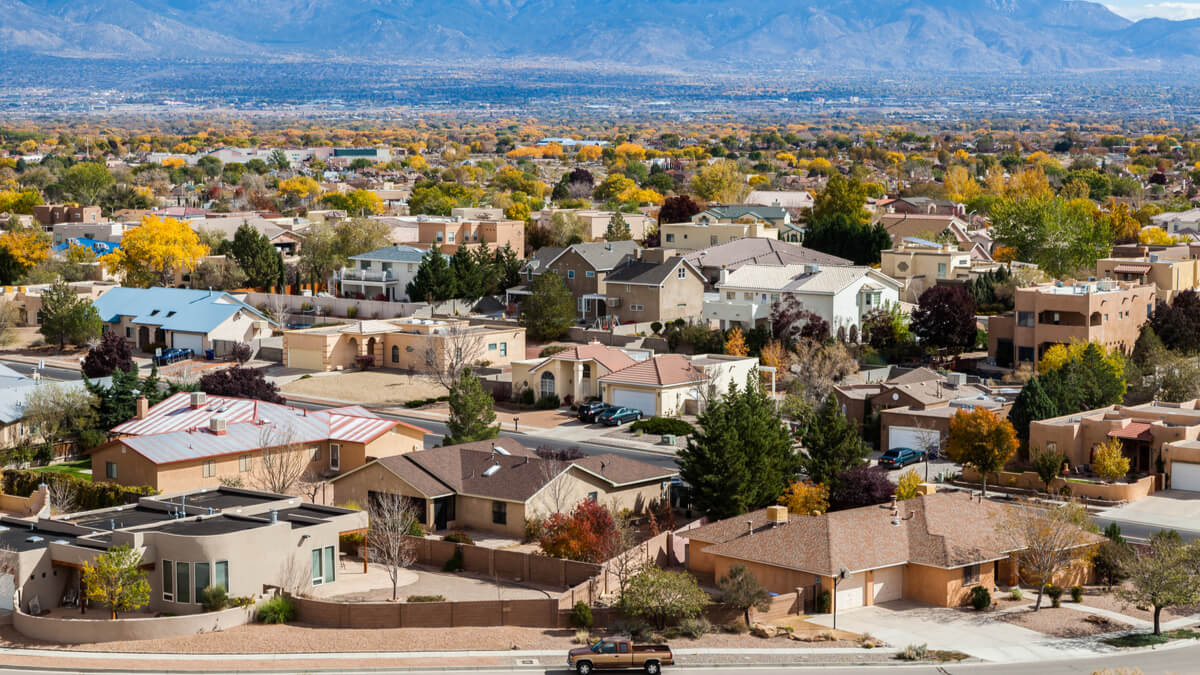Mexico’s real estate market has become increasingly attractive for both investors and foreign buyers due to its diverse landscapes, affordable property prices, and growing tourism sector. From the pristine beaches of Cancún and Playa del Carmen to the vibrant cultural centers like Mexico City and Guadalajara, buyers have access to a wide range of properties, including luxury villas, condominiums, beachfront estates, and urban apartments.
The market is driven by foreign investment incentives, a growing expatriate population, and government support for property ownership, making it an ideal destination for those seeking both lifestyle change and financial returns. Understanding regional differences, legal frameworks, and property types is essential for a successful investment.
Legal Considerations for Foreign Buyers
Foreign nationals can purchase property in Mexico, but there are specific legal restrictions depending on the location. Properties located within 50 km of the coast or 100 km of international borders fall into the restricted zone, requiring foreigners to hold property through a fideicomiso, or bank trust. This allows buyers to have all the rights of ownership without violating Mexican law.
For properties outside the restricted zone, foreigners can acquire land directly through standard property deeds. Regardless of the location, it is crucial to conduct due diligence, verify title authenticity, ensure clear property boundaries, and confirm the absence of liens or encumbrances. Working with a qualified Mexican real estate attorney is essential to ensure compliance with local laws.
Choosing the Right Location
Selecting the right location is fundamental when buying property in Mexico. Popular destinations include:
- Cancún and Riviera Maya: Known for beachfront resorts, luxury condos, and high rental yields for vacation properties.
- Puerto Vallarta and Los Cabos: Offer spectacular ocean views, high-end residential communities, and active expat communities.
- Mexico City: Ideal for those seeking urban living, cultural richness, and strong rental demand.
- San Miguel de Allende: A UNESCO World Heritage site, attracting retirees and artistic communities.
Evaluating factors such as accessibility, infrastructure, local amenities, safety, and growth potential will help buyers make an informed decision.
Financing Your Property Purchase
Foreign buyers can finance property purchases in Mexico through several options. Mexican banks offer mortgages to non-residents, although requirements are stricter than for local citizens. Interest rates may vary depending on the loan term, property location, and borrower’s financial history.
Alternatively, many buyers use cash purchases, which can simplify the process, expedite transactions, and sometimes provide negotiating leverage. Buyers should also account for additional costs, including closing fees, notary fees, registration costs, and annual property taxes (predial), which generally range between 0.1% and 0.3% of the property value.
Steps for a Smooth Property Purchase
To ensure a successful property acquisition, buyers should follow a structured process:
- Engage a Local Real Estate Agent: Working with an experienced agent ensures access to verified listings and market insights.
- Conduct Property Due Diligence: Verify ownership, check for debts, and assess legal compliance.
- Negotiate Terms and Price: Use market analysis to determine a fair price and negotiate contingencies.
- Sign a Preliminary Agreement: The Contrato de Promesa de Compraventa protects both parties and outlines payment terms.
- Open a Fideicomiso (if required): Set up a bank trust for restricted zone properties to secure ownership rights.
- Close the Transaction: The Escritura Pública is signed before a Mexican notary, and the property is registered with the Public Registry of Property.
Understanding Property Taxes and Ongoing Costs
Property ownership in Mexico involves several ongoing expenses that buyers must plan for. Annual property tax (predial) varies by municipality and property type, usually ranging from 0.1% to 0.3% of the assessed value. Homeowners should also budget for maintenance, community fees (if applicable), utilities, and potential insurance premiums, especially for coastal properties susceptible to hurricanes or flooding.
Investors should consider these costs when evaluating return on investment and potential rental income, ensuring that long-term ownership remains financially sustainable.
Benefits of Owning Property in Mexico
Buying property in Mexico offers numerous benefits, including affordable prices, high-quality construction, and lifestyle opportunities. Coastal areas provide luxury living with access to pristine beaches, while cultural hubs offer historic charm and vibrant urban life.
For investors, Mexico offers strong tourism growth, which translates into profitable short-term rental opportunities. Additionally, owning property can serve as a retirement haven, a vacation home, or a long-term investment in a stable and growing economy. With strategic location selection, buyers can maximize both lifestyle enjoyment and financial returns.
Risks and Challenges to Consider
While Mexico presents great opportunities, there are risks buyers must consider. Legal complexities, title disputes, natural disasters, and regional crime rates can affect property value and security. Engaging professional legal counsel, performing rigorous due diligence, and choosing reputable real estate developers are essential to mitigate these risks.
Additionally, fluctuations in currency exchange rates and international economic conditions can influence purchasing power, particularly for foreign buyers relying on funds from outside Mexico. Understanding these dynamics ensures that the investment is well-informed and safeguarded.
Working with Real Estate Professionals
Partnering with trusted real estate professionals is critical. This includes licensed agents, Mexican notaries, property lawyers, and financial advisors. Experienced professionals provide market intelligence, legal compliance, and transaction support, reducing risks and facilitating a smooth purchasing process.
A knowledgeable agent can also advise on market trends, investment hotspots, and negotiation strategies, ensuring buyers secure optimal property value and avoid potential pitfalls.
Conclusion: Making a Strategic Investment in Mexico
Purchasing property in Mexico presents a unique opportunity to combine investment potential, lifestyle enhancement, and cultural enrichment. By understanding legal requirements, location dynamics, financial considerations, and market trends, buyers can confidently navigate the property landscape.
Whether seeking a beachfront villa, an urban apartment, or a retirement home, strategic planning, due diligence, and professional guidance are paramount. With the right approach, owning property in Mexico can be a rewarding and secure investment, offering both personal satisfaction and long-term financial growth.
